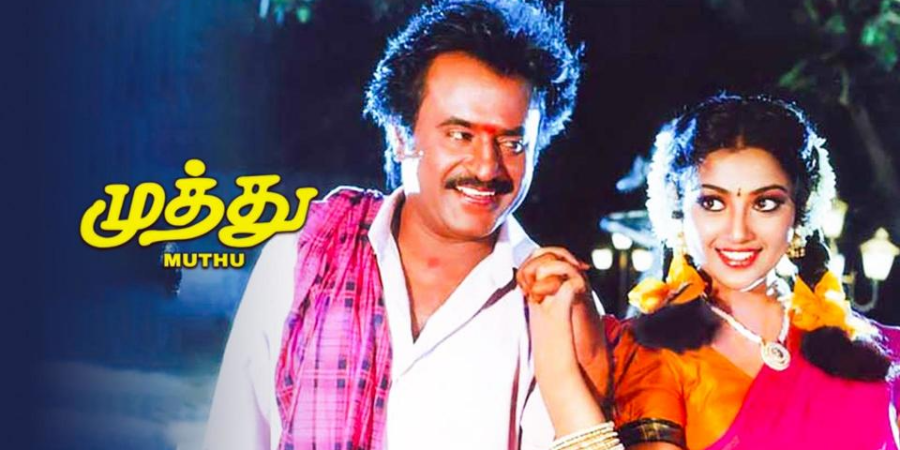

The 1995 Tamil film "Muthu," directed by K. S. Ravikumar and starring Rajinikanth, is celebrated not only for its entertainment value but also for its socio-political underpinnings that reflect and critique various aspects of Indian society. Here's an exploration of its socio-political depths:
1. Feudalism and Hierarchical Society
"Muthu" delves into the remnants of feudalism in rural India. The storyline, which involves a zamindar (landlord) and his loyal servant Muthu, highlights the hierarchical structures that continue to dominate social relations. The zamindar, played by Sarath Babu, is depicted as benevolent, yet the film subtly critiques the power dynamics and the inherent inequalities of the feudal system. Muthu's loyalty and subservience reflect the deep-seated class distinctions and the challenges of mobility within such a rigid social structure.
2. Caste Dynamics
Although not overtly addressed, the film hints at the underlying caste dynamics through the relationships and interactions between characters. Rajinikanth's character, Muthu, embodies virtues like humility, loyalty, and hard work, which are often attributed to lower-caste individuals in Indian cinema. The romantic subplot between Muthu and Ranganayaki (Meena) also reflects the complexities and often unspoken rules surrounding caste and romance in rural settings.
3. Power and Corruption
The film critiques the corruption and moral decay of those in power. The antagonists in "Muthu" are often portrayed as power-hungry and corrupt, juxtaposed against the protagonist’s honesty and integrity. This reflects broader societal concerns about political corruption and the abuse of power, resonating with the audience’s frustrations with real-life political scenarios.
4. Popular Uprising and Justice
The climax of "Muthu," where the villagers rally against the antagonist, symbolizes a popular uprising against tyranny and injustice. This narrative arc mirrors the real-world struggles of common people against oppressive systems and corrupt leaders, resonating with the socio-political climate of India in the 1990s.
5. Gender Roles and Feminism
While "Muthu" predominantly focuses on its male protagonist, the female characters are significant in challenging traditional gender roles. Ranganayaki, the female lead, is portrayed as educated and assertive, contrasting with the traditional, submissive female roles in many Indian films. However, the film also reinforces some conventional gender norms, reflecting the transitional state of gender politics in India during the mid-90s.
6. Cultural Integration and Influence
"Muthu" also exemplifies the cultural integration within Indian cinema. The film is an adaptation of the Malayalam film "Thenmavin Kombath," showcasing the cross-pollination of ideas and narratives across different regional cinemas in India. This reflects the broader socio-political trend of increasing cultural exchange and the blending of regional identities within the Indian subcontinent.
7. Economic Aspirations and Mobility
The character of Muthu represents the aspirational aspect of Indian society. His journey from a loyal servant to someone who dreams of better prospects reflects the economic aspirations of many Indians during the economic liberalization period of the 1990s. The film subtly endorses the idea that hard work and integrity can lead to upward mobility, aligning with the neoliberal ethos of the time.
Conclusion
"Muthu" is more than a commercial success; it is a reflection of the socio-political landscape of 1990s India. By addressing issues of feudalism, caste dynamics, power corruption, gender roles, and economic aspirations, the film provides a nuanced commentary on the complexities of Indian society. The film's enduring popularity is a testament to its ability to resonate with the socio-political sentiments of its audience, making it a significant cultural artifact in Tamil cinema.
